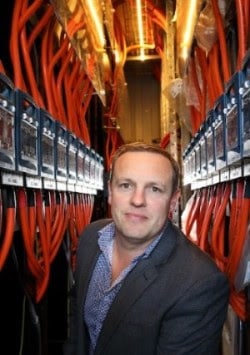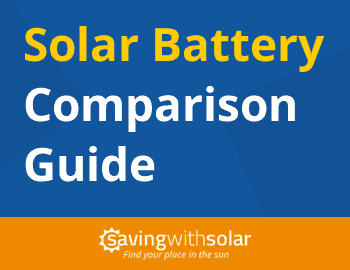Redflow batteries in Fiji – Redflow Limited have shipped $1.2m of Redflow ZBM2 batteries to assist Fiji in rolling out digital TV for its population, according to a press release by the Brisbane/Thailand based company.
Redflow batteries in Fiji
Auckland-based telecommunications infrastructure company Hitech Solutions will install the Redflow batteries in Fiji and have ordered US $1.2m of Redflow’s ZBM2 zinc-bromine flow batteries to store and supply renewable energy which will then power the island’s digital TV.

Hitech will install 5-60 ZBM2 batteries at more than 10 sites in Fiji. Many of these locations are on hills and don’t have access to the country’s electricity grid, so they require energy storage instead.
Redflow CEO Simon Hackett said in a press release that this repeat large sale (Hitech bought the batteries in two separate orders) shows how ZBM2 batteries can displace conventional lead-acid batteries for network power applications in demanding and/or remote environments. “
We are delighted that Hitech has again chosen Redflow batteries,” he said. “This second major sale confirms the unique advantages of our zinc-bromine flow batteries for this high-workload deployment in the tropics. The ZBM2 excels in hot environments and for applications that require high cycle depth and cycle frequency, such as the deployment Hitech is undertaking. This sort of environment and use case wears out lead-acid batteries in relatively short order, requiring their frequent replacement, whereas ZBM2s thrive on heat and hard work.
“We look forward to working with Hitech to ensure its imminent deployments of remote energy systems are successful in a variety of site sizes.”
Redflow’s 10 kilowatt-hour (kWh) ZBM2 is, according to the manufacturer, the world’s smallest zinc-bromine flow battery. The ZBM2 runs at a native 48 volts DC, which means it’s simple to install and deployable in scalable parallel clusters which means high availability, high scale deployments at the largest sites.
The ZBM2 battery comes with a 10-year or 36,500 kWh warranty – a much longer operating life than lead-acid batteries, which are typically replaced every 18-36 months when used in warm climates.

